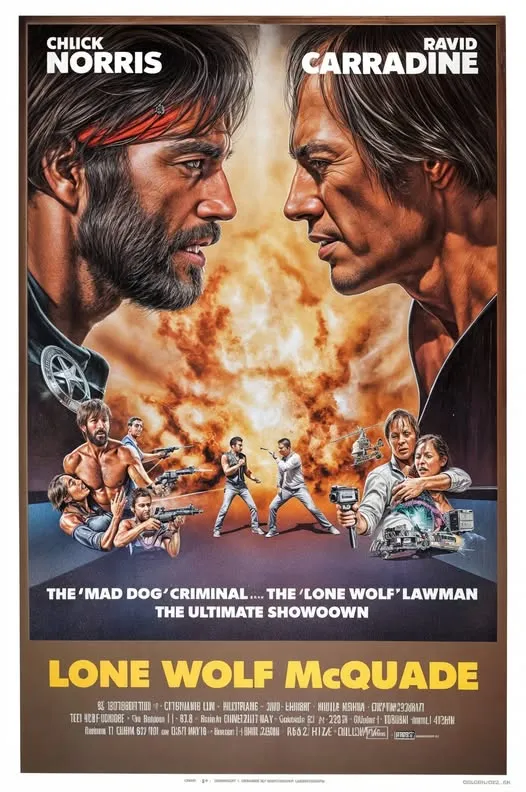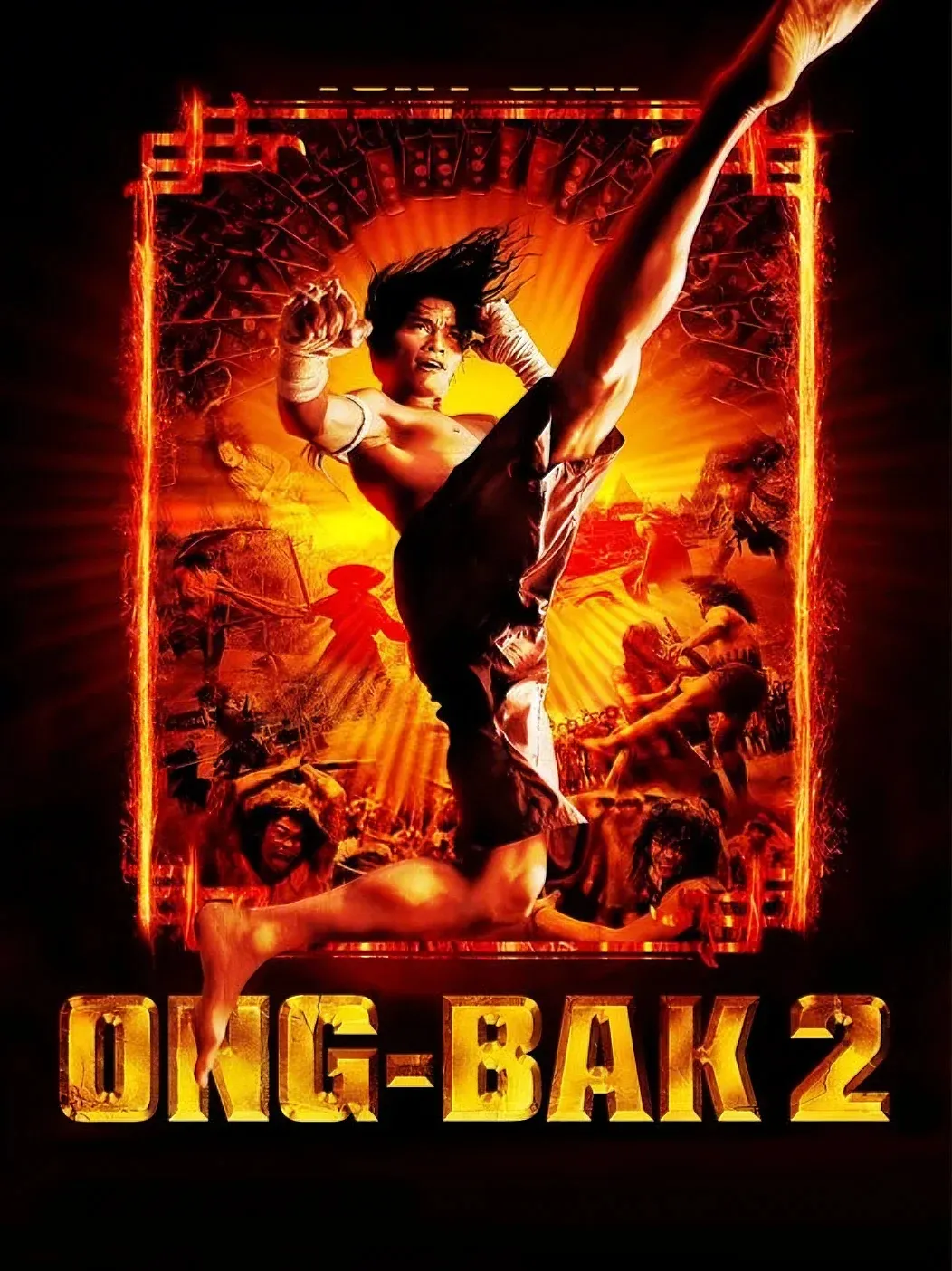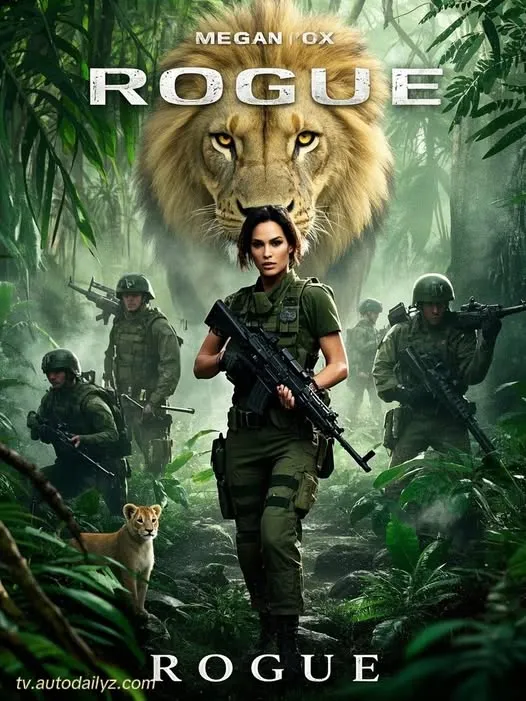Lone Wolf McQuade (1983)
Lone Wolf McQuade (1983) is an action-packed American film starring Chuck Norris as J.J. McQuade, a tough and solitary Texas Ranger who prefers to work alone and lives by his own set of rules. Directed by Steve Carver, the film is a quintessential 1980s action movie, featuring high-octane combat scenes, emotional depth, and an iconic lead performance by Norris. The plot follows McQuade as he battles a dangerous drug cartel while dealing with his personal demons, showcasing a complex character who is both a relentless lawman and a man struggling with his inability to form lasting relationships. The film opens by introducing McQuade as a seasoned, no-nonsense lawman who has built a reputation for getting the job done in his own way. McQuade is a lone wolf, preferring isolation to the structured life of a typical law enforcement officer. He lives in a remote desert cabin, drives a battered old truck, and rarely interacts with others outside of his professional duties. However, McQuade’s tough exterior hides the scars of a troubled past—personal losses that have led him to live a solitary life. His method of working outside the law is effective but often puts him at odds with his superiors and colleagues. When McQuade is called to investigate a series of drug-related crimes, he uncovers a larger conspiracy involving a powerful cartel run by a ruthless villain named Raul. To take down the cartel, McQuade is reluctantly paired with a new partner, Sam, a lawman with a more conventional approach. This partnership creates tension, as McQuade’s unorthodox methods clash with Sam’s by-the-book style. Their dynamic serves as an essential narrative thread, with Sam representing order and professionalism, while McQuade embodies chaos and independence.

As the investigation into the cartel deepens, McQuade's personal life begins to complicate matters. His past relationship with Lola, a woman he still has feelings for, is rekindled, adding an emotional layer to the film. Despite his emotional struggles, McQuade’s pursuit of justice remains unwavering. He faces increasing danger from Raul’s cartel, which becomes aware of McQuade’s investigation and starts targeting him directly. Throughout this section of the film, McQuade’s personal demons come to the surface. He has difficulty trusting others, including his partner, and his fear of forming connections continues to define his character. As the cartel closes in on him, McQuade is forced to confront both external threats and his own internal struggles. The film's middle section is marked by a series of intense action sequences, including brutal gunfights, hand-to-hand combat, and daring escapes. McQuade’s exceptional combat skills are on full display, and his relentless determination to bring down the cartel keeps the tension high. However, McQuade’s emotional journey is just as important as his physical battles. His relationship with Sam evolves as the two men start to trust each other more. McQuade’s bond with Lola also becomes a focal point of his personal growth. While their relationship is complicated and never fully resolved, Lola represents McQuade’s chance at redemption, a symbol of love and connection he is too afraid to embrace fully. The film reaches its climax when McQuade, facing mounting pressure from both the cartel and his superiors, takes matters into his own hands. The cartel, aware that McQuade is closing in on them, escalates their attacks. McQuade engages in an all-out battle with Raul and his henchmen in a final confrontation that combines explosive action with emotional payoff. As McQuade fights to protect those he cares about and bring justice to those who have wronged him, the film’s themes of revenge, redemption, and personal transformation come to the forefront. In the final showdown, McQuade uses both his physical prowess and tactical intelligence to outsmart the cartel and defeat Raul. The battle is grueling, but McQuade’s victory is bittersweet. Despite taking down the villain and stopping the cartel, he is left to reflect on the emotional cost of his journey.

In the resolution, McQuade is victorious but at a personal cost. His relationship with Lola remains unresolved, and while he has found justice, he has not yet fully reconciled with his past. The film closes with McQuade, injured but resolute, driving off into the sunset, symbolizing both his personal journey and his future as a solitary figure. McQuade’s emotional evolution throughout the film is subtle but powerful. By the end, he has come to understand that while he may continue to live as a lone wolf, he has grown and changed as a person. The experience has taught him that, despite his fears and reluctance, forming connections with others can be a source of strength, not weakness. In conclusion, Lone Wolf McQuade is a classic 1980s action film that combines thrilling combat sequences with a compelling character study. Chuck Norris’s portrayal of J.J. McQuade as a tough, emotionally scarred lawman is both dynamic and layered. The film skillfully weaves together action and drama, showing McQuade’s transformation from a solitary, emotionally distant individual to a more self-aware and connected person. The film’s exploration of isolation, redemption, and trust makes it more than just a typical action movie. It is a story of a man’s journey to reconcile with his past while confronting the dangers of his present, all set against the backdrop of a high-stakes battle with a dangerous criminal cartel. Through McQuade’s journey, Lone Wolf McQuade delivers both heart-pounding action and a poignant character arc that leaves a lasting impression on its audience.


-1742175465-q80.webp)

